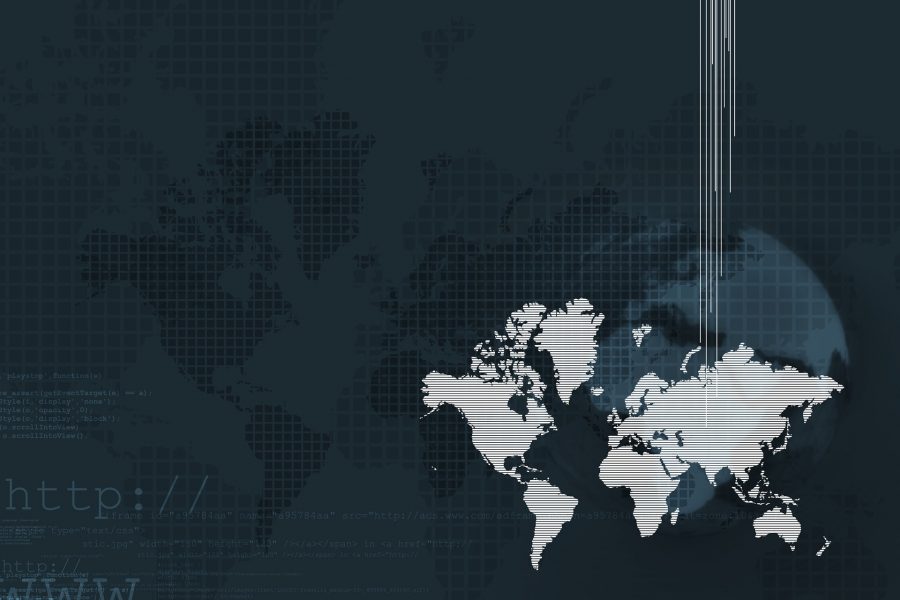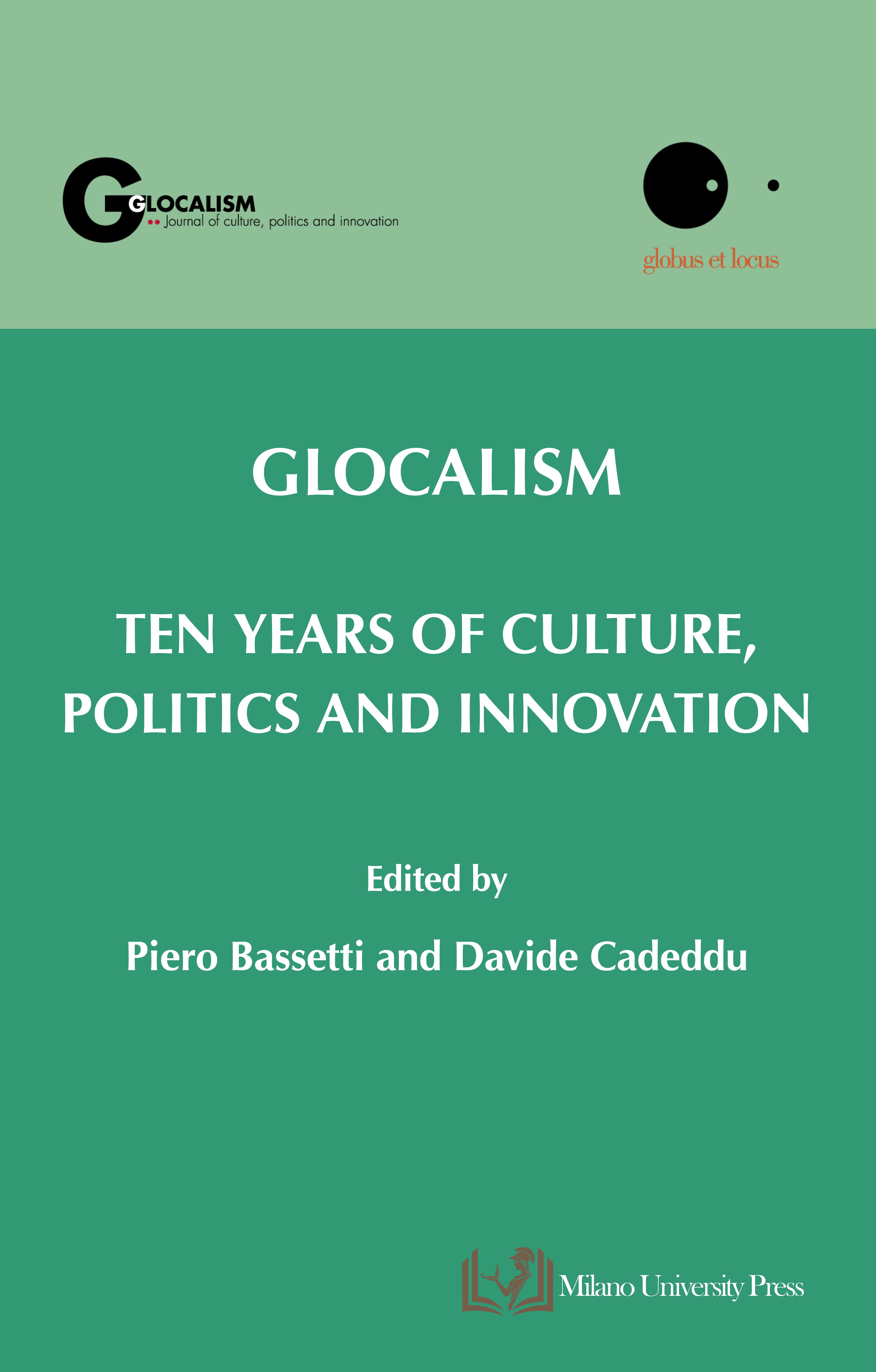Globalisation Paradox and Economic Competitiveness of Emerging Economies
DOI:
https://doi.org/10.12893/gjcpi.2022.1.6Keywords:
globalisation paradox, international trade, competitiveness, economic integration, emerging economiesAbstract
The opening-up of BRICS economies (Brazil, Russia, India, China and South Africa) has been regarded as one of the benefits of globalisation. This paper explored the globalisation conundrum and the relationships between internationalisation, economic competitiveness and growth of emerging economies. It examines if there are economic gains and if they are widely shared by revisiting Rodrik’s globalisation paradox and Adam Smith’s propositions on the wealth of the nations and highlighting the difference between economic competitiveness and comparative advantage. This review covered the period between 2006 and 2021 to gain a better understanding of the globalisation paradox. The review suggests that the efficiency gains from trade liberalisation are not equally shared by every country leading to “unbalanced prosperity”. Although the rise of China and India as global superpowers was due to globalisation, many Least Developed Countries (LDCs) are poorer or further behind economically (referred to in this article as “globalised but economically-forsaken”).

Downloads
Published
How to Cite
Issue
Section
License

This work is licensed under a Creative Commons Attribution-ShareAlike 4.0 International License.











